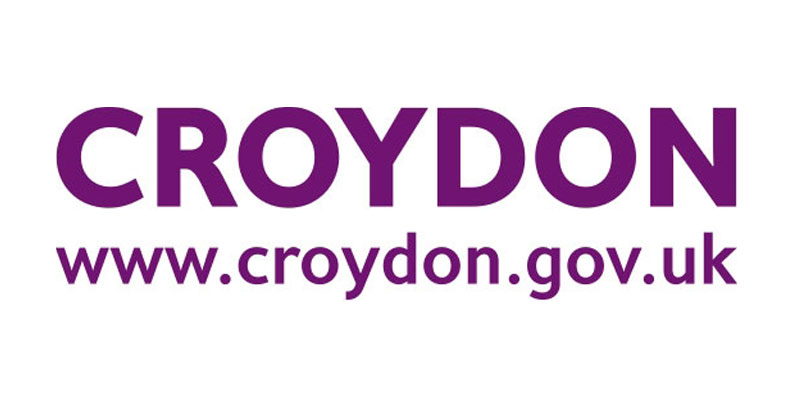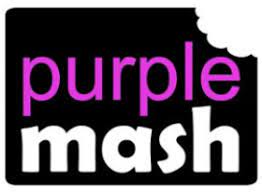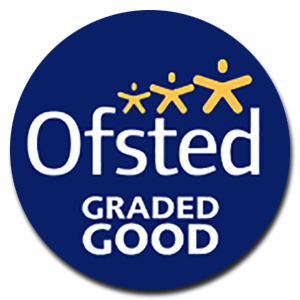Reading
Intent
Here at Beulah Junior School, we are passionate about our children developing a love of reading. We want to provide them opportunities to truly embrace reading for pleasure, where they delve into stories which transport them to another world entirely. We want them to discuss their preferences with enthusiasm and be able to make informed choices about the books they will enjoy and those which will positively challenge them.
With this in mind, reading is an essential cornerstone of all our work here at Beulah Junior School. We want all pupils to develop fluent, expressive reading styles and to be able to comprehend a wide variety of text types using skills such as retrieval, prediction, inference and summarising within and between texts. Enabling pupils to be able to use their reading skills across the curriculum, as a vehicle to further their understanding of how the world works, is a key part of our purpose as a school.
Implementation
Reading is implemented across the curriculum, in some cases, discretely, but often as an integral part of other lessons. Our daily Reading Time is designed to guide pupils to work towards their current reading targets. We use ‘Bug Club’ as our reading scheme and our reading cycle is based around this. Over the cycle, children take part in a range of activities - some with their teacher or teaching assistant and some independently. They complete reciprocal reading tasks, read aloud and discuss texts and complete written comprehension work. They also regularly visit our vibrant and well-stocked library to select books of their choice. They read these for pleasure, alongside ‘Starbooks’ suggested by their teacher and ‘Bug Club’ levelled books, set for them to read online.
Whole class reading comprehension sessions also take place weekly. In these lessons, pupils focus on particular reading skills as outlined in our intent statement. Age-appropriate texts are carefully selected for this learning. Vocabulary is a key focus of these sessions: pupils learn new words and also develop skills to ascertain meaning of unknown words in texts using context and etymology clues. Learning new words in this way is also a focus of our broad and balanced curriculum.
Each teacher also selects a quality, engaging text as a class story which is read for the class to enjoy towards the end of several afternoons each week.
Early Reading
A number of pupils in our school at the early stages of reading due to learning needs or often because they are new to English. We teach a systematic programme of synthetic phonics through our ‘Rapid Phonics’ Intervention scheme. Children complete lessons three times weekly to learn new phonemes. They also read matched texts with teaching assistants and with their class teacher regularly. Pupils on this scheme also have a phonics book for home reading matched to their level. This is available for them to read online using ‘Bug Club’.
Children who have a secure grasp of phonics and decode fluently, but are still not making expected progress in reading, receive support through our Rapid Reading intervention programme. This is delivered to pairs or small groups and focuses on development of vocabulary and discussion of texts. Strategies to improve comprehension skills provide additional practice in answering questions verbally and in writing.
Another tier of available support for those pupils not making reaching age-appropriate expectations in reading is our ‘Echo-Read’ intervention. This programme helps children to develop their comprehension skills through improving the way they use expression to aid their understanding of what they read. Effective reading is clearly modelled by the adult leading the group and children learn by listening to this; annotating texts and practising using similar intonation. This enables them to add meaning to what they read and helps further develop comprehension of more complex texts.

Writing
Intent
Our passion for children developing a love of reading flows directly into our aspirations for their writing. We want our pupils to become writers who are confident to express themselves to a range of audiences and for a range of purposes. To do this they need to acquire a fluent style of handwriting, making their creative ideas easy to read, and by mastering a range of punctuation and grammatical devices, their work will also be clearly structured. In addition, we strive to immerse the children in high quality fiction and non-fiction texts which support them developing a widening vocabulary. This in turn will support them in adding more detail and therefore engaging and informing the reader across a range of genres.
Implementation
As our English lessons are based around quality texts and visuals. Most of our lessons take as their starting point the ‘Literacy Tree’ units of learning, which are adapted as required to make them appropriate for our pupils. Units are chosen for the quality of text, range of genres and to reflect the diversity in our school community. Pupils also use ‘Literacy Shed’ videos as a stimulus for writing, and in addition, undertake cross-curricular writing tasks, after completing some of the topics in our broad and balanced curriculum. Lessons are fast-paced and develop knowledge and skills through discussion work, activities such as ‘hot-seating’ or ‘conscience alley’ and well-crafted teacher modelling. These are followed by opportunities for pupils to practice their own writing skills.
Each year group has a set of writing targets which progress from year 3 to year 6, to help pupils develop the specific knowledge and skills outlined in our intent statement. These are adapted for pupils are at different stages in their learning journey. Every three weeks, pupils are set three ‘Superstar’ targets from these lists, which they work to master, with support from their class teacher and teaching assistants, who provide verbal feedback in class to help them improve. Targeted written feedback also assists this learning.
To support their acquisition of a fluent style of handwriting, we use using the Nelson Thornes handwriting scheme. This is used in whole class teaching and focused interventions with small groups.
Spelling is taught weekly, following the Purple Mash scheme of patterns and repetition of words from the Y3/4 and 5/6 statutory spelling lists. Homework reinforces this. Short weekly transcription sessions are also used to develop fluency in spelling and handwriting. The sentences for transcription are shared with parents weekly so that they can also practice these at home.
Early writing
Early writing is supported through our Phonics Intervention scheme ‘Rapid Phonics’ which develops skills in transcription of graphemes alongside recognising phonemes for reading. Other pupils who need additional intervention to meet the targets for their year group receive ‘conferencing’ support individually or in a small group.








